The person ultimately responsible for a horse’s well-being is you, the owner.
A critical part of the horse industry is to promote responsible horse ownership which includes education on the ways to safely place horses into new situations. The job of horse rescues and sanctuaries should be to help abused and neglected horses. While some owner surrender cases are rescue situations, other owners just need guidance and information on how to safely re-home a horse.
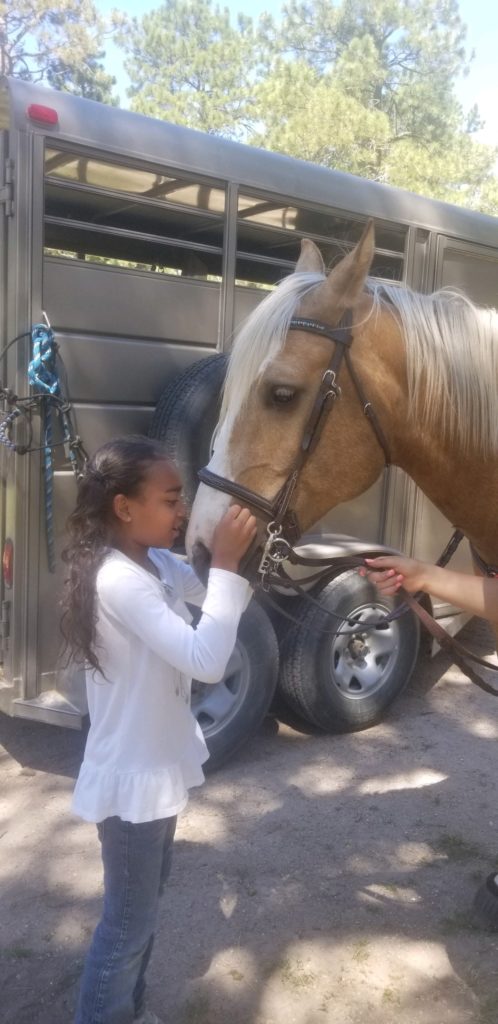
The reasons for giving up a horse might include job loss, moving, divorce, family tragedy, loss of interest, injury (to horse or human), illness, or wanting a horse that possesses different abilities. During times of economic downturns, horses suffer when owners face financial difficulties. When this occurs, there are practical solutions to helping owners keep their horses such as short-term assistance programs that may be offered to assist with hay/feed and veterinary care needs.
One of the most important things to consider when re-homing a horse is to allow enough time to advertise for a new home in order to locate a safe, qualified placement. Never send your horse to a livestock auction attended by horse dealers and kill buyers (those who purchase horses for slaughter purposes). Especially in tough economic times, your horse will more than likely end up sold for slaughter. It is far kinder to humanely euthanize a horse than to have it endure the brutality involved in the slaughter industry – from dangerous transport to inhumane killing. It is also important to put a fair market value on your horse; never advertise it for free.
The following are some options to consider when you can no longer afford or properly care for your horse:
- If you bought your horse from a private owner or breeder, contact them to see about taking the horseback. They might also be a source for recommending other contacts if unable to take the horse themselves.
- If your horse is in good health and can be ridden, consider the option of offering a half-lease or a full-lease option. This way you retain ownership of your horse but have some financial assistance with the expenses.
Spread the word! Let your equine veterinarian, farrier and other horse professionals (such as trainers) know that your horse needs to find a safe, new home. Advertise in local horse magazines or on reputable internet sites. Be prepared to carefully screen any responses to your ads. With any form of advertising, describe your horse and its abilities honestly. If he/she has not been ridden for some time, inform potential new owners the horse will need to be reconditioned for work. If the horse has special dietary or medical needs, say so. Many people lie or provide deceptive information about horses which hurts the horse even further.
Contact therapeutic riding or equine-assisted therapy programs in your area. While they do have specific requirements for the type of horses they can use, it might be worth a try if your horse has a quiet temperament, good ground manners and can do some riding. But be sure to check out these facilities and get references if someone might take your horse in. Advertise at local feed and tack shops, boarding barns and even places like Petco or PetSmart if they accept advertising for horses needing homes.
Contact a local 4-H club, pony club or similar associations if your horse might work in these types of programs. There may be a family or two looking for a horse. Horse rescues and sanctuaries generally operate at full capacity, but you can check with them regarding openings and if they do take in owner surrender horses. Occasionally they might be able to refer you to someone looking to give a horse a home.
A final word is to also consider the quality of your horse’s life.
Is it time to consider humane euthanasia as an option for a horse with a chronic medical condition, in decline from former use or injury or has other illness? As a horse owner, you are responsible for your horse’s safety and wellbeing. Only a few emergency situations require a horse to be re-homed immediately. Making the time to safely locate a qualified home for your horse is the right decision.
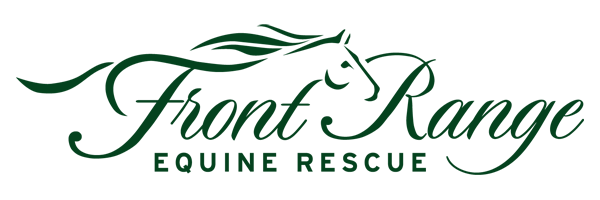
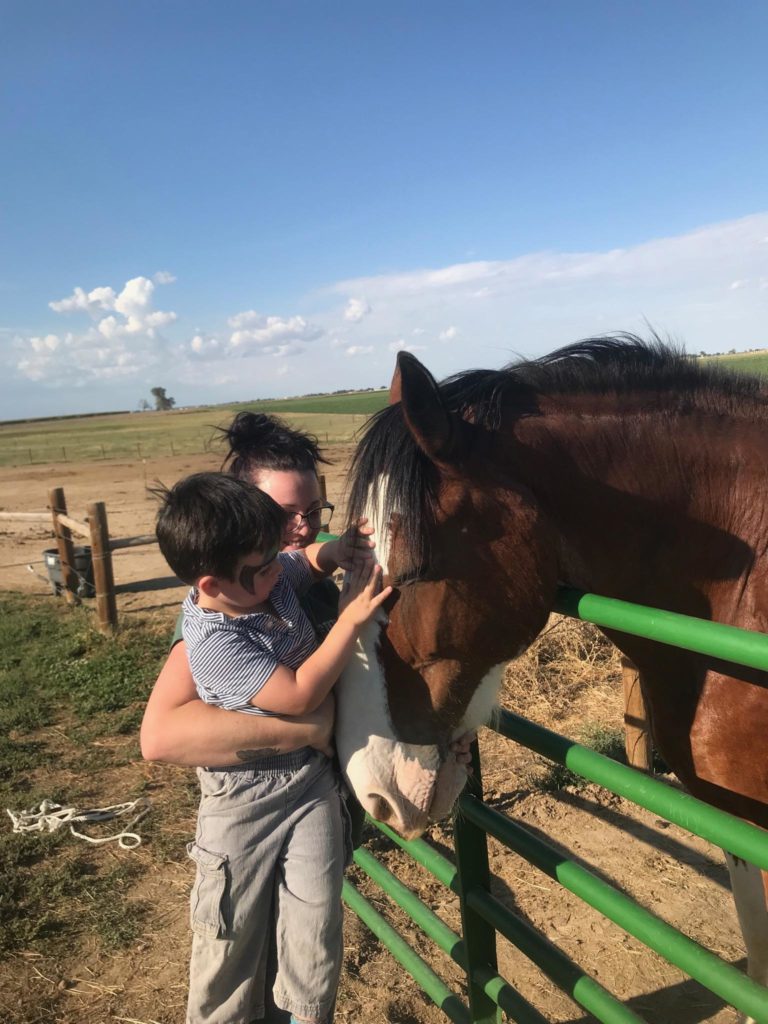
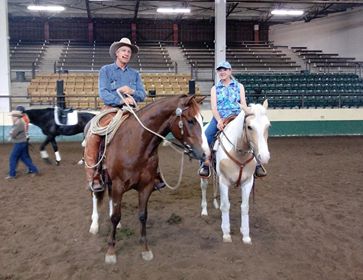 Keeping up with Anna
Keeping up with Anna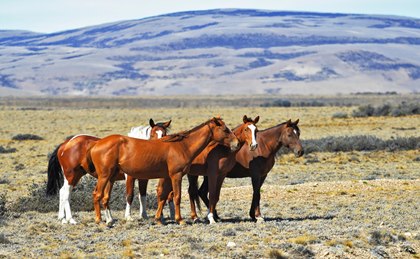

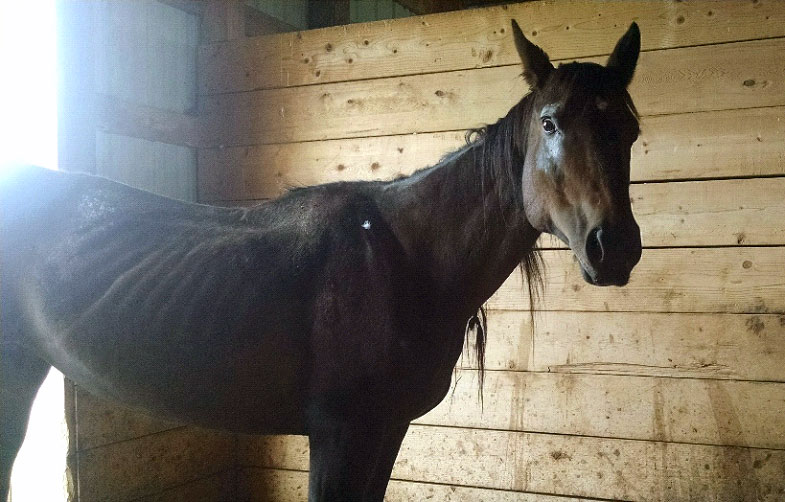
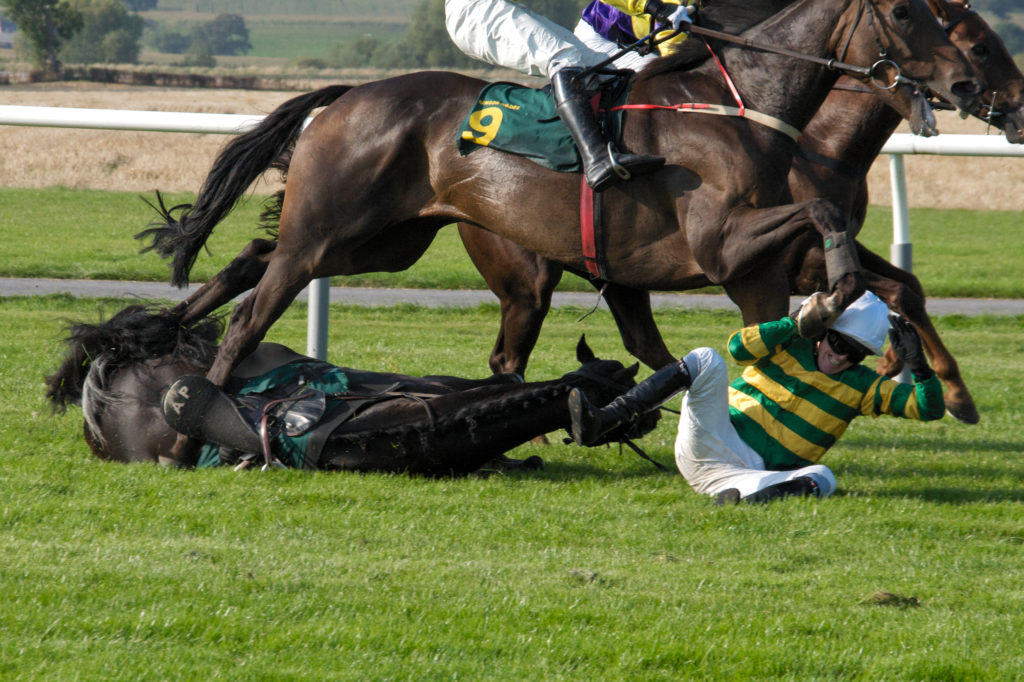
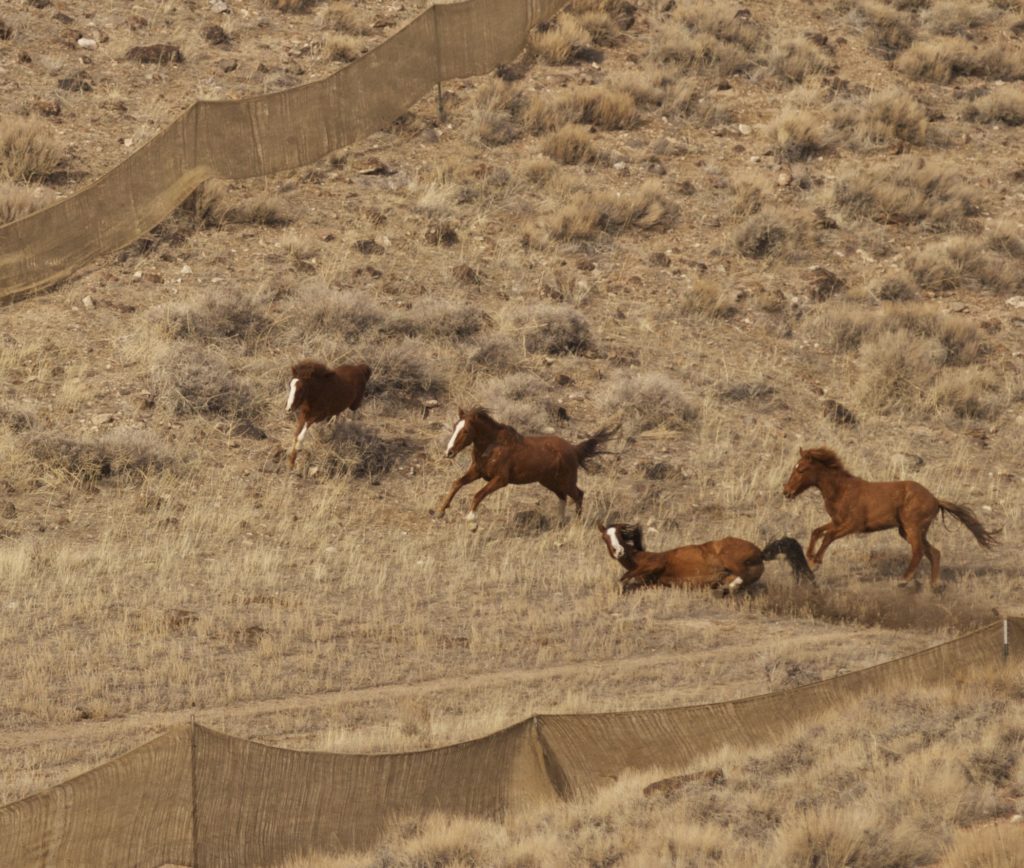
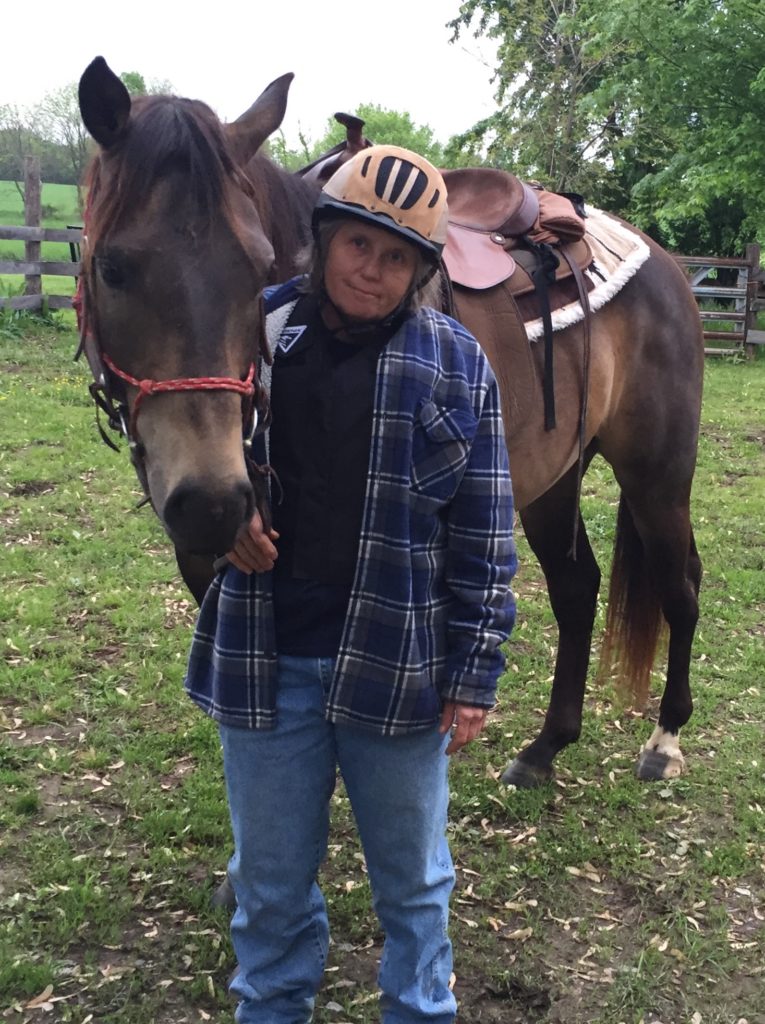
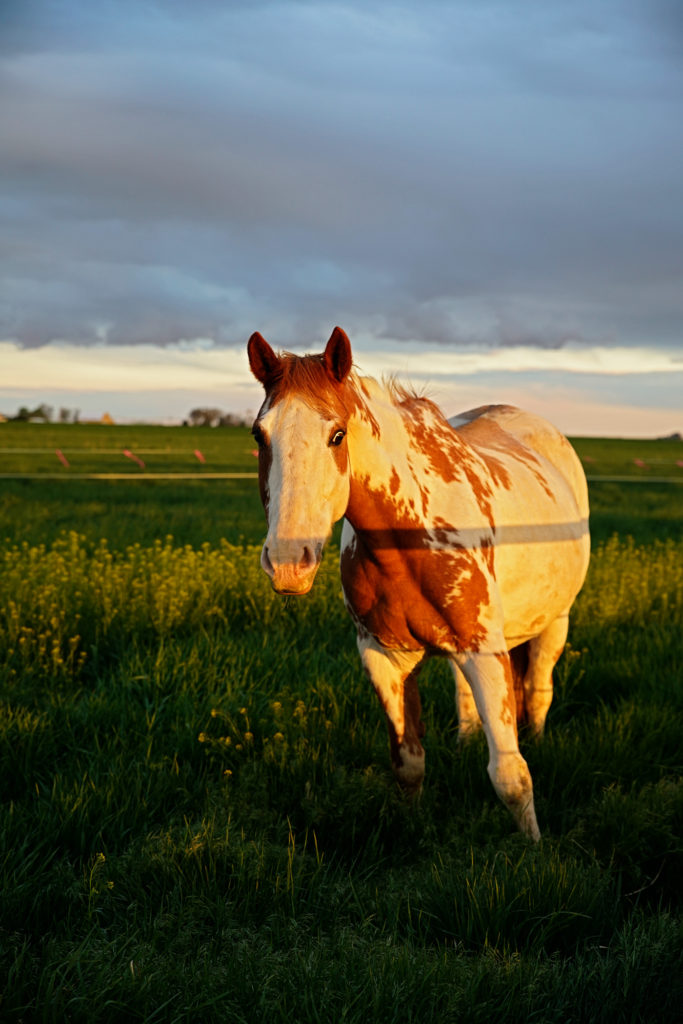
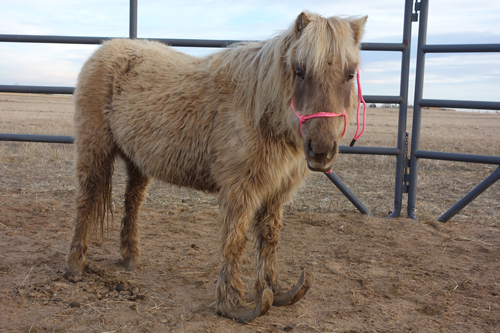
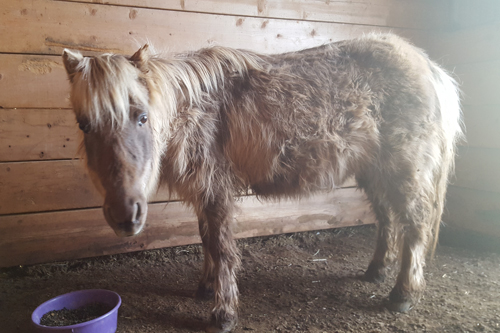
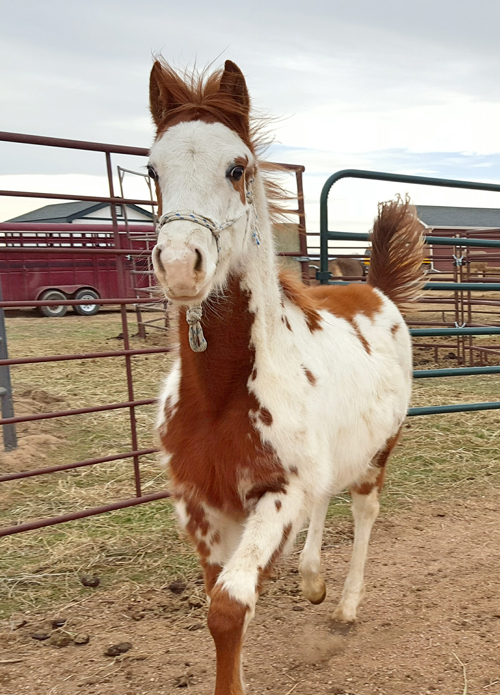
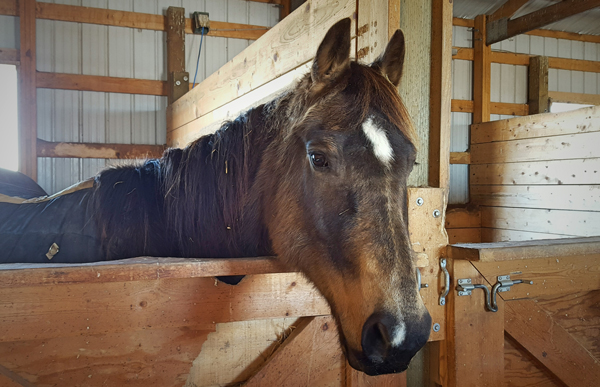
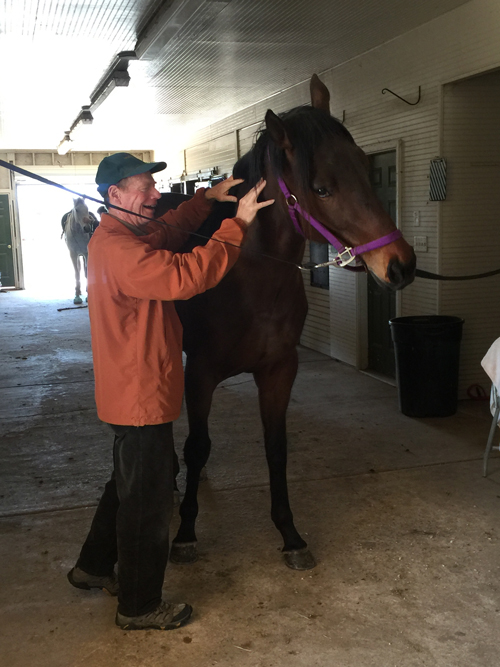 P.S. – I thought you’d like to know that Duke and Cricket are doing very well. We greatly appreciate everyone who helped fund their ongoing recovery needs.
P.S. – I thought you’d like to know that Duke and Cricket are doing very well. We greatly appreciate everyone who helped fund their ongoing recovery needs.